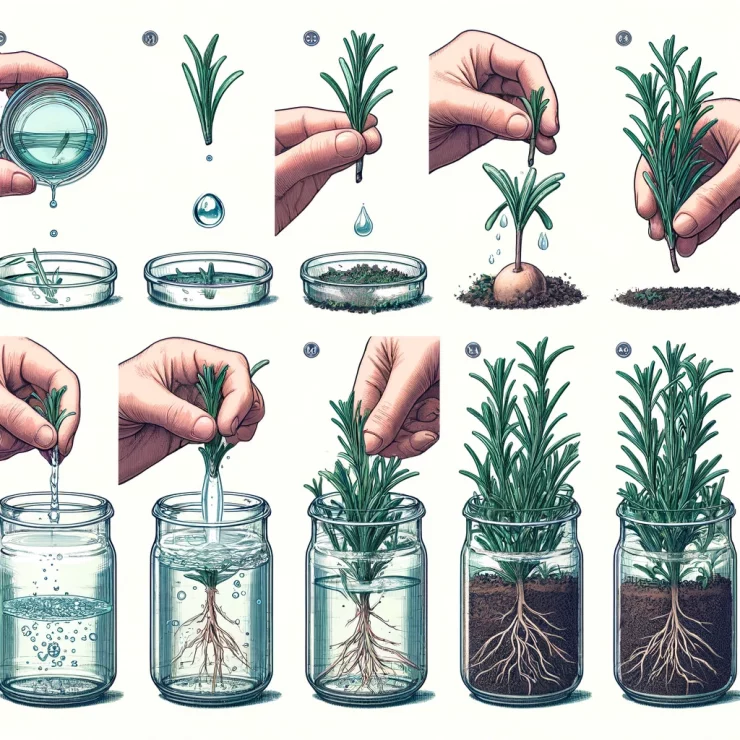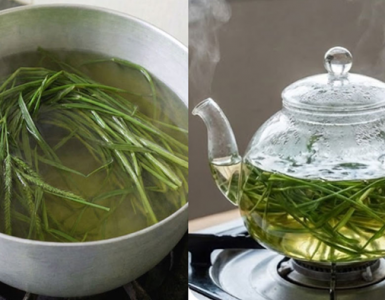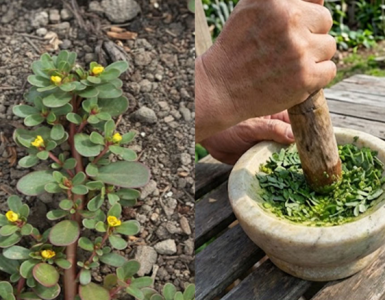Growing your own herbs at home is not only rewarding but also ensures a fresh and readily available supply for your culinary adventures. Rosemary, with its fragrant aroma and versatile uses in cooking, is a popular herb that you can easily propagate from cuttings in water. In this guide, we’ll walk you through the simple steps to grow rosemary from cuttings in water, ensuring you always have a fresh supply of this delightful herb at your fingertips.
What You’ll Need:
Healthy Rosemary Plant: Select a mature and healthy rosemary plant from which to take cuttings. Look for stems that are green, sturdy, and free from any signs of disease or damage.
Sharp Scissors or Pruning Shears: You’ll need a clean and sharp pair of scissors or pruning shears to take cuttings from the rosemary plant.
Glass or Jar: Choose a glass or jar that is tall enough to accommodate the length of the rosemary cuttings and has a wide enough opening to support the stems without crowding.
Clean Water: Use clean, room temperature water for rooting the rosemary cuttings.
Optional: Rooting Hormone (for faster rooting)
Step-by-Step Guide:
- Select and Prepare the Cuttings:
Identify healthy stems on the rosemary plant that are about 4 to 6 inches long.
Using sharp scissors or pruning shears, make a clean cut just below a node (where a leaf emerges).
Remove the lower leaves from the bottom inch of the cutting to expose the nodes. - Place Cuttings in Water:
Fill the glass or jar with clean water, ensuring that the nodes on the rosemary cuttings are submerged.
Place the glass or jar in a location with bright, indirect light.
Change the water every few days to keep it clean and oxygenated. - Monitor Root Growth:
Over the course of a few weeks, you should start to see roots emerging from the nodes of the rosemary cuttings.
Roots typically appear within 2 to 6 weeks, depending on environmental conditions and the health of the cuttings. - Transplanting:
Once the roots are several inches long and well-developed, your rosemary cuttings are ready to be transplanted into soil.
Choose a well-draining potting mix and plant the rooted cuttings, ensuring that the soil is kept consistently moist but not waterlogged.
Place the newly potted rosemary plants in a sunny location indoors or outdoors, depending on your climate.
Tips for Success:
Choose a healthy and vigorous rosemary plant for the best chances of successful propagation.
Maintain consistent moisture levels during the rooting process, but avoid overwatering, as this can cause the cuttings to rot.
Adding a rooting hormone to the water or dipping the cuttings in rooting hormone powder before planting can help speed up the rooting process.
Provide adequate light for the cuttings, but avoid direct sunlight, as this can cause the water to heat up and promote algae growth.
Be patient and monitor the progress of the cuttings regularly. Rooting times may vary depending on environmental factors.
By following these simple steps, you can easily propagate rosemary from cuttings in water and ensure a steady supply of fresh herbs for your culinary endeavors. With a bit of care and patience, you’ll soon be enjoying the delightful aroma and flavor of homegrown rosemary in your favorite dishes.






Add comment